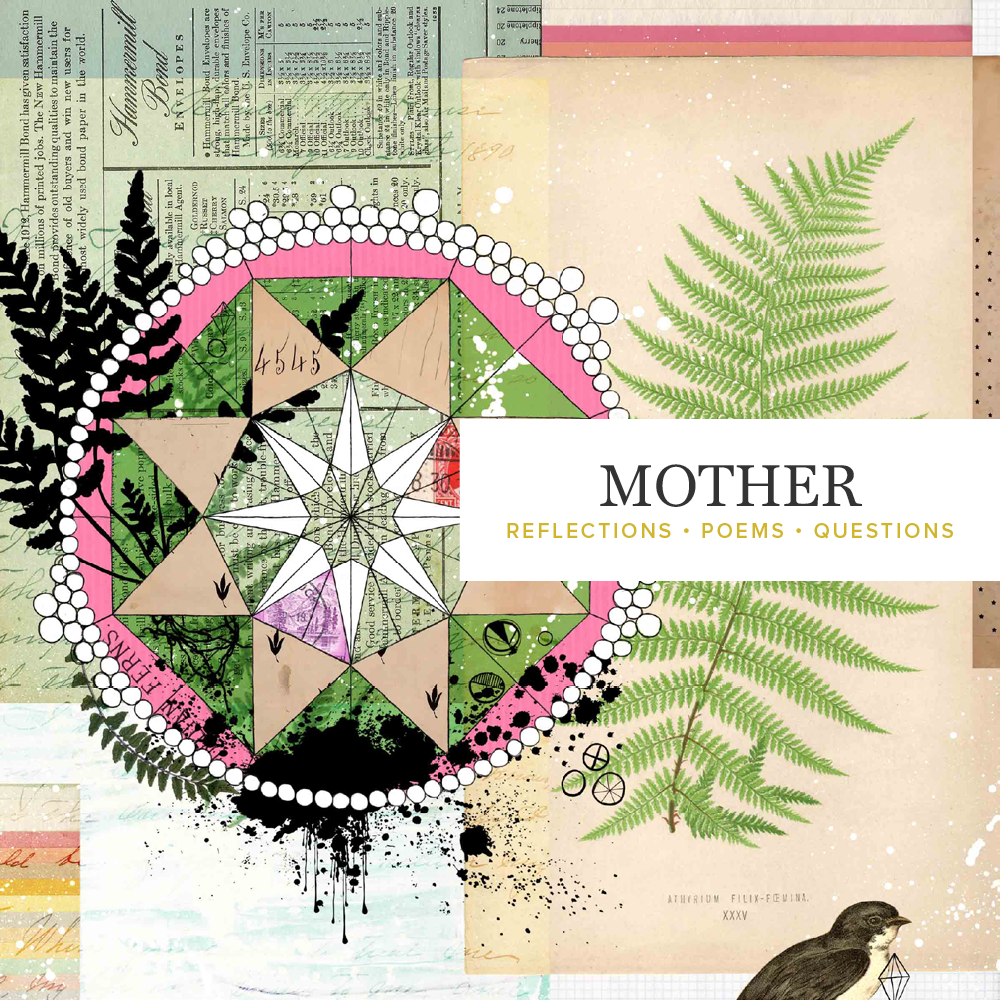I spent the day traveling home from Mexico reading Martin Seligman’s quite good book, Authentic Happiness.
Seligman is an American psychologist, professor of psychology, and past president of the American Psychological Association. He is considered the father of positive psychology, which departed from the dominant focus of 20th century psychology—mental illness—and turned to study of happiness, fulfillment and wellbeing, the ” strengths and virtues that enable individuals and communities to thrive.
Prior to 1946 — only a couple of generations ago –no mental illness was understood or treatable. So we’ve come along way addressing that very important issue. But psychology has neglected the study of human happiness and well-being, of what’s required to create a happy life. Its as if we’ve assumed that whole happiness thing is supposed to happen on its own, naturally….and we need psychology only when things have gone awry. But the truth is, for most people optimal happiness doesn’t happen naturally, and there is a huge body of tools, information and ideas (much of which is still to be studied and understood) about what creates that optimal happiness.
The book reminded me of an amazing conversation I recently witnessed. In my job working for a community foundation, I sometimes play the role of community convener — bringing stakeholders together around an issue of common concern. A group of community leaders—teen activity providers, clergy, parents, social service professionals and therapists–had identified teens in crisis as a priority issue and tremendous problem in their community. Levels of teen substance abuse and suicide were extremely high in this affluent, well-educated, progressive California community.
We began the conversation with the problem: the teens in crisis. Everyone in the room talked about the common and painful incidents of suicide attempts, cutting or other mutilating behaviors, addiction, substance-abuse related car accidents. Then we started to talk about potential actions, collaborative solutions. For a few minutes the group rallied around the idea of more social workers, counseling. That was our knee-jerk place to look – therapy! We brainstormed about how the community could more effectively bring immediate and swift help to those in crisis.
But the conversation in the room quickly changed- because those wise practioners, teachers and therapists all knew that social services were not the answer, that the moment the therapist enters the picture is actually very, very late in the game. They began talking about the kind of community that was needed to keep teens well. Not public health programs and crisis hotlines, but the big ingredients of wellness- mentorship, connection, meaning, opportunities for teens to challenge and express themselves. They talked about bringing authentic meaning into teens’ lives by giving them more leadership opportunities, ways to use their gifts, and to give to others. They talked about the need for every teen to have opportunities to develop meaningful, close relationships with caring adults outside of their immediate family. They talked about relieving pressure to achieve.
The social workers themselves spoke up to say that therapy wasn’t the answer! The honestly said: do not look to us! They spoke about the very limited impact they have on the average teen in crisis—given the teens’ frequent resistance to traditional therapy and the family’s frequent denial. They didn’t deny they had a role to play in some cases, but they argued that it was a very specific, defined, limited role. They asked the community to step up more fully to holistically develop healthy teens. It was as if they were saying, “Creating mental health is not the job of those professionals we now call our mental health practitioners, it’s the job of the whole community.”
This whole dialogue captures perfectly, I think, the shift from a mental illness to positive psychology model, and it’s paradigm shift you can make about yourself, your family, your organization, or your own personal health. Human beings aren’t machines that run well on their own and sometimes need to be taken into a mechanic for fixing. For humans to thrive, to function healthfully over a lifetime, the presence of particular behaviors, mental attitudes, activities, opportunities, connections, and communal contexts is required. They have been written about in our greatest wisdom texts for millennia, and now psychology, through the positive psychology movement, is empirically corroborating those words of wisdom through scientific research.
What does that mean for yourself? Your family? Your workplace? Your community?






Join the discussion One Comment